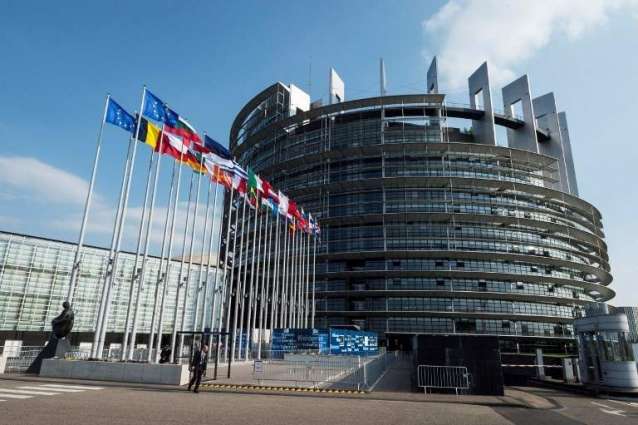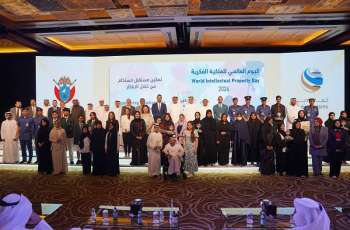The European Parliament elections do not appear to have been swayed by foreign influence despite much-discussed alleged Russian disinformation campaign
MOSCOW (Pakistan Point News / Sputnik - 30th May, 2019) The European Parliament elections do not appear to have been swayed by foreign influence despite much-discussed alleged Russian disinformation campaign.The purported Russian attempts to influence internal political affairs in other countries have been discussed in various EU countries over the last several months. There have been claims of Russian influence on the Brexit referendum, the independence vote in Spain's Catalonia, French presidential elections. Russia has strongly refuted the allegations and pointed to the fact that no evidence had been brought forward.
The European Union has a special team aimed at countering Russia's alleged disinformation campaign � the European External Action Service East Stratcom Task Force, which was established in 2015. The task force's website EUvsDisinfo issued a special guidance for the voters ahead of the EU elections so that they would be able to distinguish between real news and fakes and steer clear of disinformation.
Giles Portman, who is at the helm of the East Stratcom Task Force, suggested, speaking to BBC earlier in May, that Russia had tried to influence political events in other countries in the past but remarked that there was little evidence of any significant disinformation campaign ahead of the European Parliament elections.
"It is in any event remarkably difficult to come up with conclusive evidence of illegitimate attempts by Russia or any other state to influence outcomes in the EU elections a way that is designed to undermine the EU through disinformation or the funding of populist parties," Francesco Rizzuto, the head of Department of Law and Criminology and Professor of European Law at the UK Edge Hill University, told Sputnik.
Sasha Havlicek, head of Institute for Strategic Dialogue, a think-tank in London, reportedly said shortly before the elections that the institution was "not seeing the automated, networked activity with an obvious Russian fingerprint across these elections."
Havlicek suggested that there were more "coordinated, transnational far-right information operations" instead.
A report by the Oxford internet Institute with the University of Oxford on the news ahead of the parliamentary elections suggested that "less than 4% of sources circulating on Twitter during our data collection period were junk news or known Russian sources, with users sharing far more links to mainstream news outlets overall (34%)."
The article by Nahema Marchal, Bence Kollanyi, Lisa-Maria Neudert, Philip N. Howard was issued in early May ahead of the elections, which took place between May 23 and May 26 across Europe.
The elections saw two of the traditionally largest parties in the European Parliament lose some seats, while some of the more non-mainstream political forces gained more influence.
According to Rizzuto, "the EU and the Member States should focus more on dealing in concrete ways with the very real economic and social problems that fuel the rise of populism rather than on wasting time and resources in trying to counter the influence or narratives disseminated by Russia or anybody else for that matter."
Helga Zepp-LaRouche, the leader of Germany's Civil Rights Movement Solidarity party, has suggested that Europe "has to choose between the policy of geopolitical confrontation against Russia and China, which can only lead to a catastrophe and the offer of a new paradigm and the perspective of a win-win cooperation by joining the Belt and Road Initiative."
"The outcome of this battle will determine if Europe has a bright future or [will] be sidelined by history at best," Zepp-LaRouche told Sputnik.
However, before the European Union can make any further decisions on its foreign policy, the composition of the European Commission has to be determined, and the talks on who should lead the commission promise to be quite tense.




